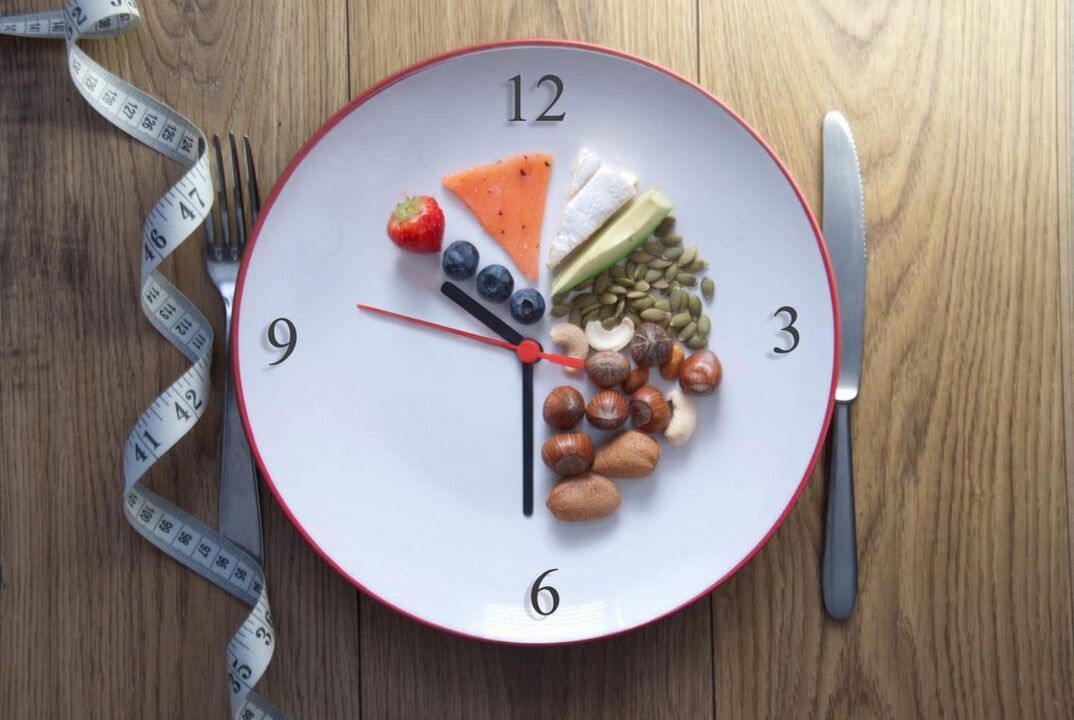
dietary needs
- Eliminates constipation, which causes increased pain and blocks blood circulation to the pelvic organs;
- Eliminates poisoning from the body, which is observed when feces is stored in the intestine for a long time, and bacteria that cause putrefaction are produced in the intestine;
- Improves intestinal motility and the entire digestive process.
- Berries, fruits, vegetables, herbs;
- Cereals, bran, freshly squeezed juices.

- diabetes;
- Atherosclerosis.
Diet characteristics
- Zinc - 30 mg;
- Selenium - 7 mcg.
- Seafood – shrimp, mussels, oysters;
- Algae, seaweed, marine fish;
- Quail, eggs.
| Product Group | food types |
| Egg | quail |
| Meat products | Beef, rabbit, pork liver |
| seafood | Oysters, squid, scallops, octopus |
| beans | Beans, peas, lentils |
| cereals | Oat, buckwheat, corn or barley flour |
| Oil | Olives, flax seeds |
| nut | cedar, walnut |
| Product Group | food types |
| seafood | all types |
| nuts, seeds | Watermelon, pumpkin, sesame, various nuts |
| Meat products | Beef, lamb, liver |
| fish | all types |
| Egg | yolk |
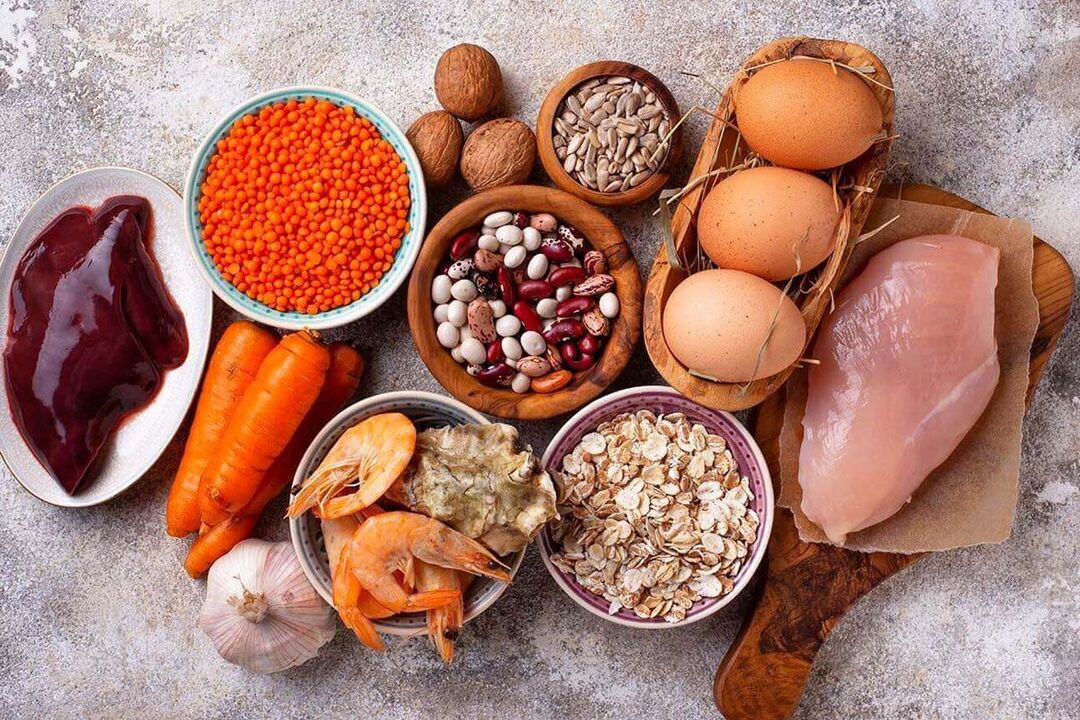
- Remove free radicals, toxins and waste from the body;
- Improve absorption of vitamins and trace elements;
- Recovery of damaged tissue after severe inflammatory processes.
Nutritional principles
- Count the total amount of food for one day and divide it into 5-6 meals so that a person does not consume more than 300 grams of food at one time;
- Develop a meal plan to improve digestive enzyme production, nutrient absorption, and prevent constipation;
- Avoid drinking any type of fluid a few hours before bed and throughout the night to prevent swelling and increased urinary system activity;
- The diet is mainly based on protein foods, fruits, vegetables, grains, and high-quality oils;
- Keep carbohydrate content to a minimum.
product exclusions
- Large amounts of salt can cause fluid retention in the body, which can lead to swelling, including prostate swelling;
- Seasonings, spices, marinades, pickles, homemade preparations - increase tissue swelling and lead to subcutaneous fat accumulation;
- Caviar, canned food, sausages, salty cheese;
- Chocolate, confectionery glazes, other cocoa products;
- lemonade, soda;
- Breads, baked goods, sauces;
- Products containing large amounts of chemicals, emulsifiers, dyes, stabilizers, carcinogens, and preservatives;
- Dairy products have a long shelf life, up to more than 7 days.
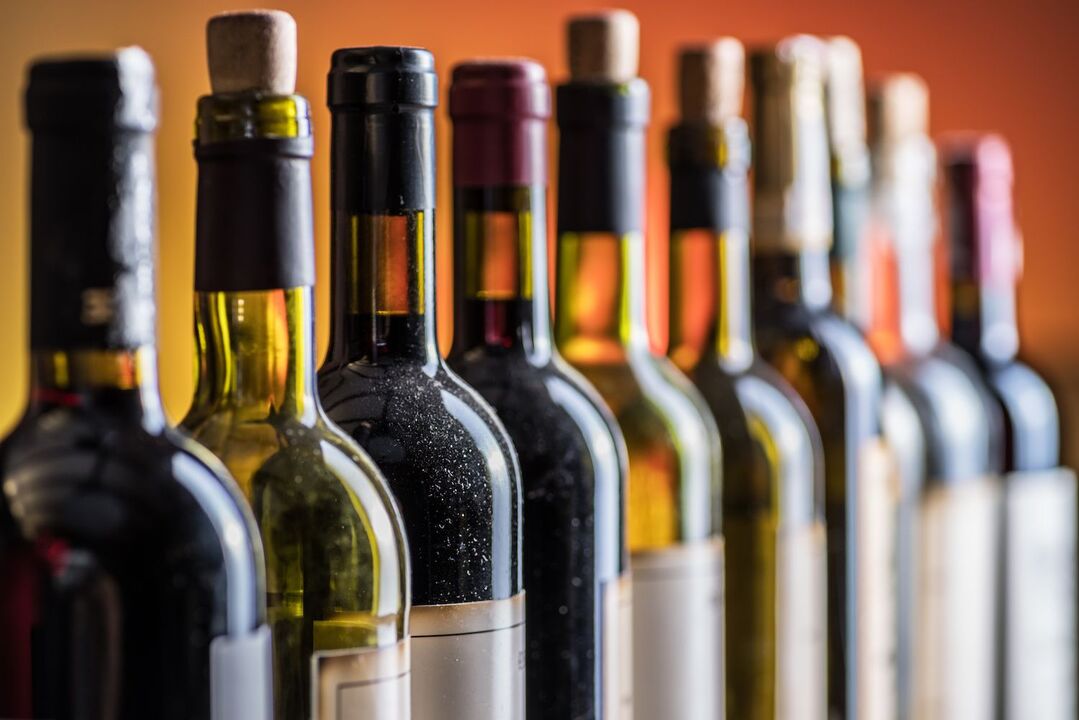
- dark chocolate, cocoa;
- Vegetables, peas, and broad beans with high purine content;
- ventricle, beef liver.
- Use only high-quality alcohol;
- It is forbidden to drink ethanol on an empty stomach;
- Use high-protein snacks;
- Observe how you feel and stop drinking if you experience pain or dizziness;
- Use the smallest dose to avoid poisoning the body.
- Vodka - up to 150 ml;
- Beer - not more than 0. 5 liters;
- Wine - no more than 200 ml.
products consumed
- Olive oil, flaxseed oil, pumpkin oil;
- low-fat sour cream;
- A small piece of lard, consumed once a month.
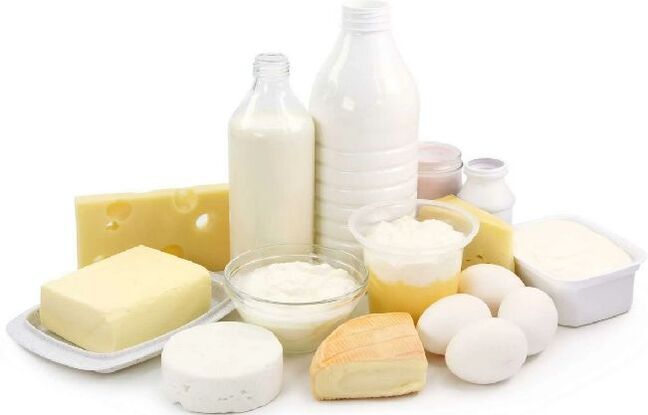
- If you eat a small amount of chicken, the purine contained in it will be quickly deposited in the body;
- In principle, the diet should be based on rabbit, beef, and mutton;
- Add a small amount of egg whites and natural dairy products;
- It is recommended to eat any type of fish at least 2-3 times a week.
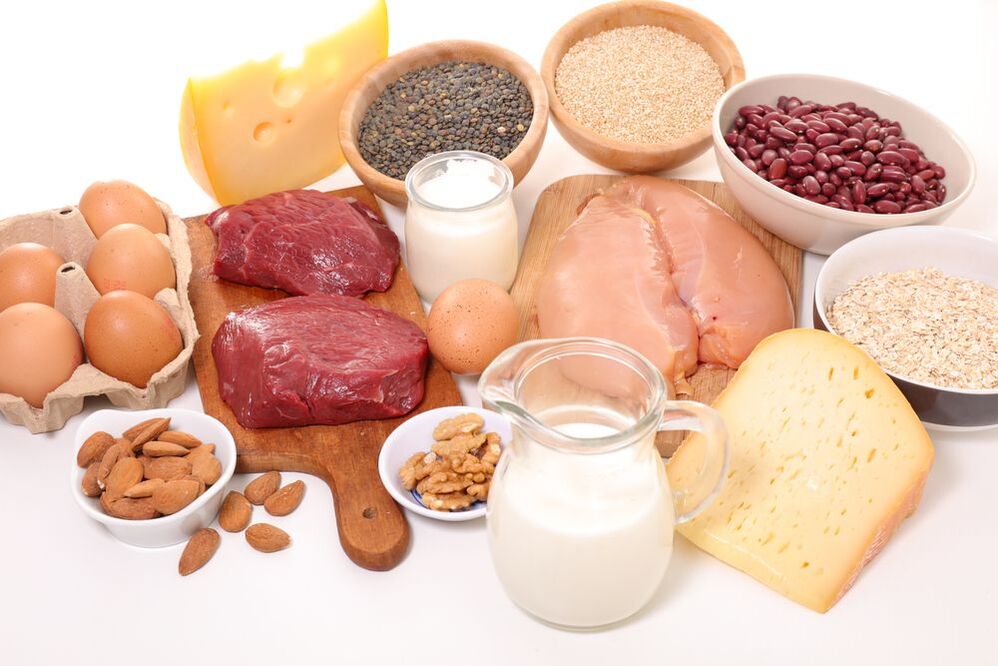
- Dried fruits, berries, fruits;
- Cereals, grains, starchy vegetables;
- Candy in the form of jelly or jam.
Fried, baked, and smoked foods are prohibited. It must be boiled, steamed and stewed. Add minimal salt and exclude spices.
Nutritional menu for prostatitis
| sky | breakfast | Lunch | dinner | Afternoon tea snacks | dinner | late dinner |
| first | Oatmeal plus 150 grams of milk, 100 ml of carrot juice, 100 grams of vegetable salad | Vegetable puree 150 g | 100g olive oil, tomato and cucumber salad, 200g poached fish in tomato sauce, 150g rosehip soup | 150 ml kefir, 3 biscuits | Steamed beef slices, 2 pieces, 100 g durum wheat pasta, 150 ml mineral water | Kefir 150 ml |
| second | 200g barley porridge, 1 banana, 100ml orange juice | 2 boiled eggs | Vegetable soup borscht 200 ml, grilled chicken breast with vegetables 200 g, dried fruit preserves 150 ml | A small amount of dark chocolate, 150 ml of milk | 200g seafood and vegetable salad, 150ml rosehip soup | Low fat yogurt 200 ml |
| third | 150g rice porridge, 200ml light tea, 2 biscuits | fruit slices | 200 g fish stock, 200 g chopped vegetables and boiled chicken, 150 ml fruit preserves | 150g jelly, 3 biscuits | Bell pepper and tomato couscous 200 g, herbal tea 150 ml | Riyazhenka 150ml |
| fourth | 200g buckwheat milk porridge, dried fruits, 150ml green tea | Different varieties of nuts | Pumpkin puree soup with 200 g rye bread and 200 ml apple juice | Oven-baked cheesecake 200 g, berry juice 150 ml | 150 g steamed cod, 150 g vegetables, 100 ml berry jelly | Kefir 150 ml |
| fifth | 200g milk polenta, 2 slices unsalted cheese, 150ml black tea | baked apple | Steamed steak, 250 g durum wheat pasta, 150 ml green tea | Raisin Tofu Casserole 150 g | 200g low-fat sour cream stewed rabbit meat, 100g sliced vegetables, 150ml mineral water | Riyazhenka 150ml |
| sixth | 3 steamed eggs, 150 ml freshly squeezed orange juice | 200g fruit slices | 150g chicken broth, 150g mutton stew, 100g vegetable puree, 150ml fruit preserves | pumpkin seeds | 2 salmon steaks, 150 g boiled buckwheat, 150 ml chamomile tea | milk 150 ml |
| seventh | 150g oatmeal, 1 boiled quail egg, 150ml apple juice | fresh berries 150 g | 200 g mutton pilaf, 150 ml dried fruit preserves | 150 g curd casserole, 150 ml black tea | 100g boiled beef, 100g stewed cabbage, 150ml green tea | Freshly squeezed vegetable juice 150 ml |






























